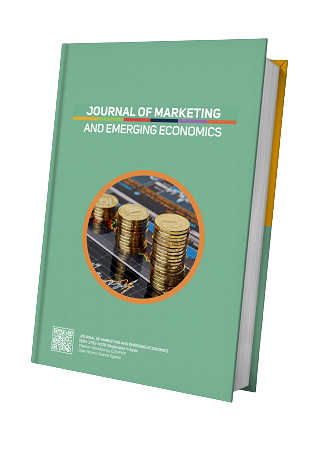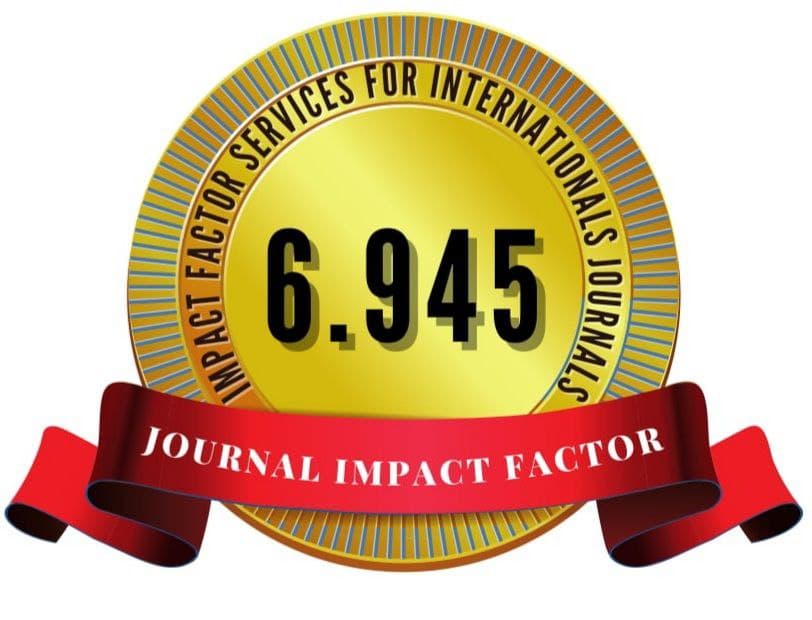Digital Literacy, Digital Culture and Business Performance: A Comprehensive Conceptual Framework
Keywords:
Digital literacy, Digital culture, business performance, digitalization, SMSeAbstract
In the digitalization era of MSMEs, digital literacy and business success are intriguing issues, but few studies have examined the significance of digital culture as a driving component for business performance. This article focuses on digital literacy and digital culture to provide a conceptual overview of the impact of digital literacy and digital culture on business performance. Innovation, profitability, and cost-effectiveness are used to gauge corporate performance. As a trigger for entry into the digitalization process, digital literacy is measured based on three key factors. In terms of profitability, for instance, digital literacy will help business owners to diversify their operations by doing online and offline business activities. On the other hand, digital culture plays a vital role in keeping the process on the business-owned sustainability agenda. By applying digital culture, for instance, the digitization process in online sales must continue to operate smoothly. Thus, the process will become an endless cycle that prevents the business from reaching optimal business performance. This study concludes with a discussion of the logical relationship between digital literacy and digital culture on business performance.





